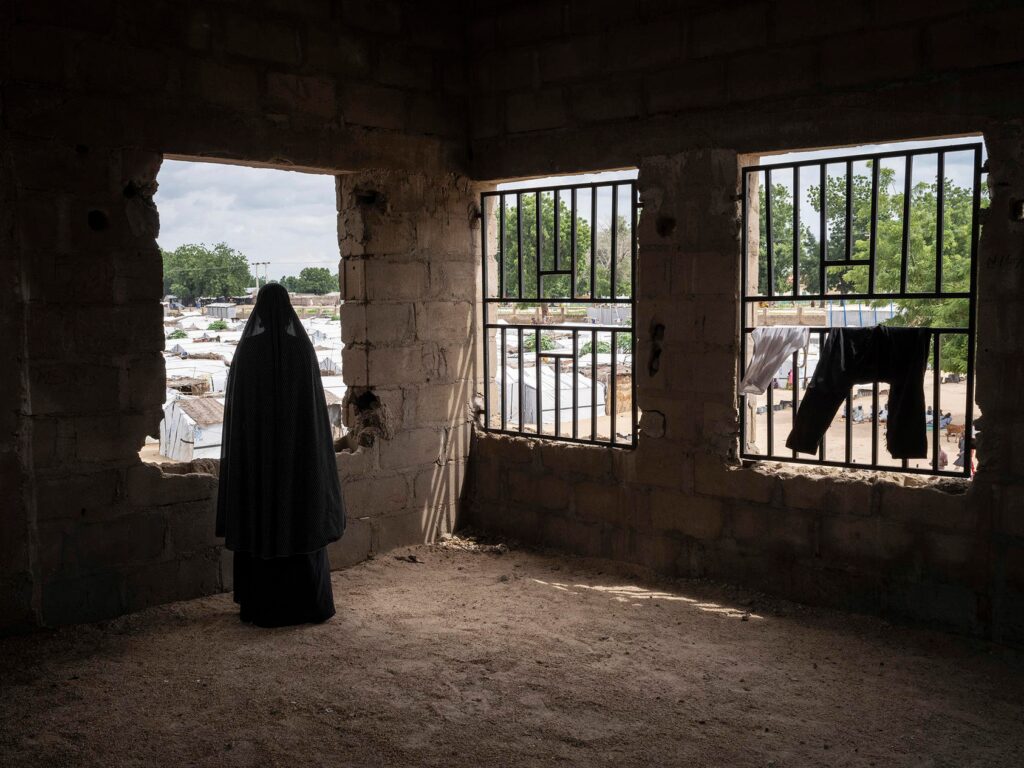
Boko Haram and ISIS-West Africa have terrorized parts of Nigeria for over a decade, provoking national, regional and international responses. Operation Safe Corridor (OSC), Nigeria’s national rehabilitation and reintegration program for members of Boko Haram and ISIS-West Africa who have surrendered, defected or were repentant, remains among the most mature and large-scale disengagement programs that currently exist. After several years, hundreds of participants have undergone rehabilitation in transition centers — with many being reintegrated back into communities.
In a recently released report, USAID’s Office of Transition Initiatives details unique findings on OSC’s demobilization, disassociation, reintegration and reconciliation effort. Drawing from data collected from OSC graduates, communities where reintegration is occurring and other sources, the report provides key programming and policy insights on the individual and community impact of rehabilitation and reintegration of armed actors from violent extremist organizations.
Join USIP, the report’s authors and experts on Nigeria and violent extremism to discuss these timely, policy-relevant findings about what it really takes for armed actors to leave terrorism behind. The conversation will look at ways to better understand policy-relevant trends like the risks of recidivism, explore effective predictors of support for violence, and uncover how community members actually view reintegratees.
Speakers
MaryAnne Iwara
Jennings Randolph Senior Fellow, U.S. Institute of Peace
Nikki Milnes
M&E Advisor, USAID/OTI
Dean Piedmont
Senior Reintegration and Armed Group Advisor, Creative Associates International
Oge Onubogu, moderator
Director, West Africa, U.S. Institute of Peace
